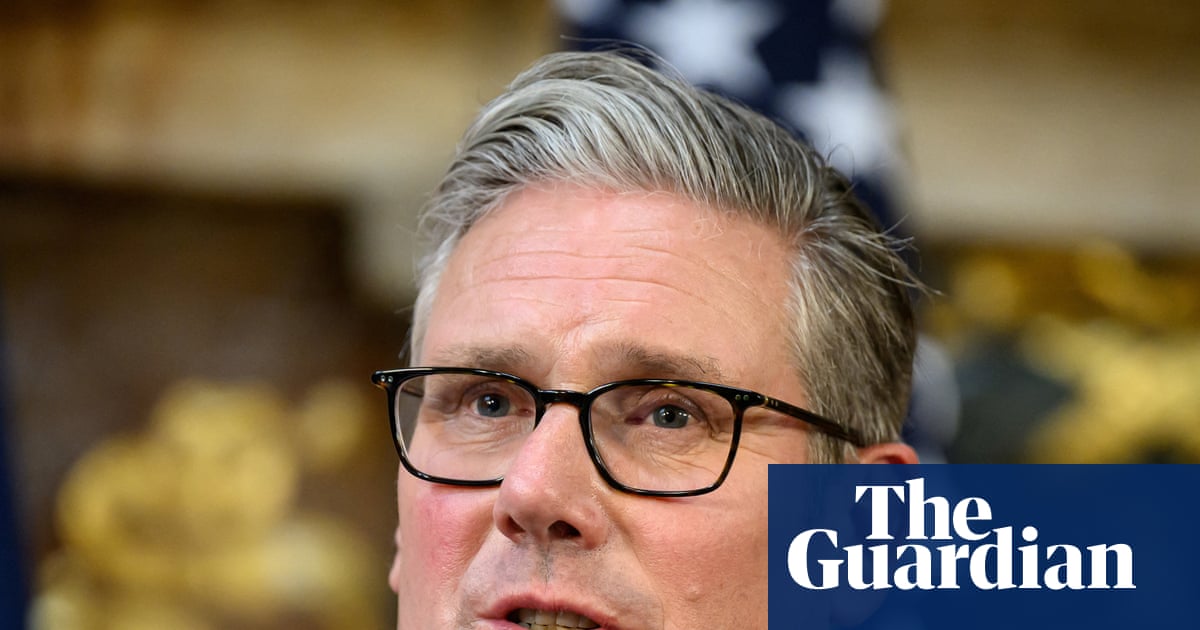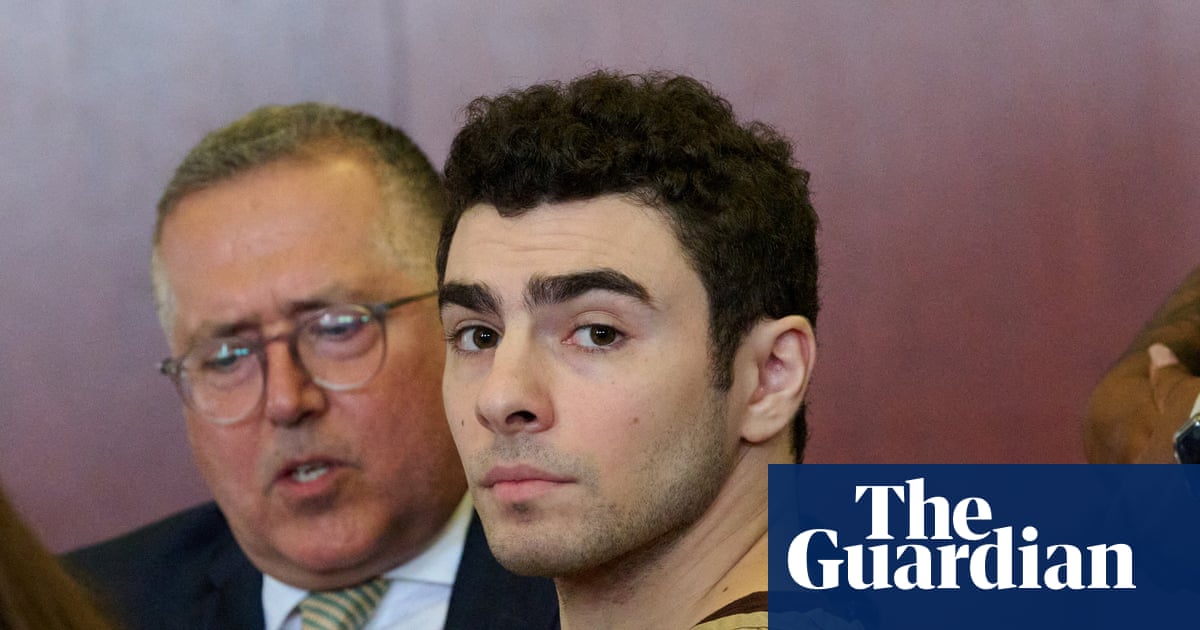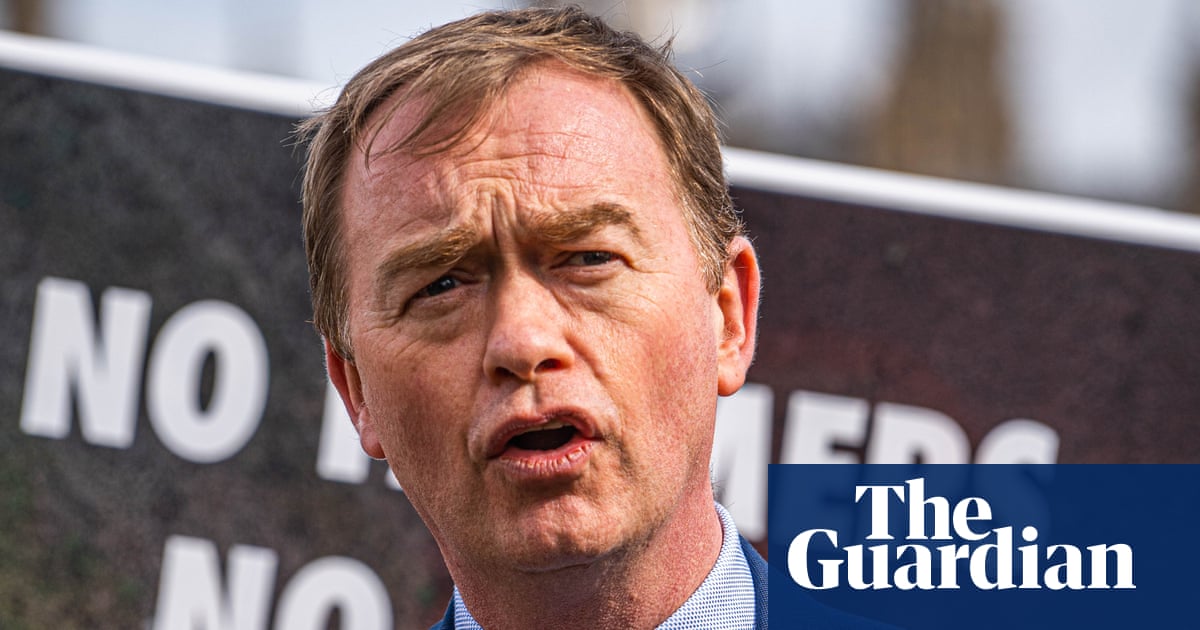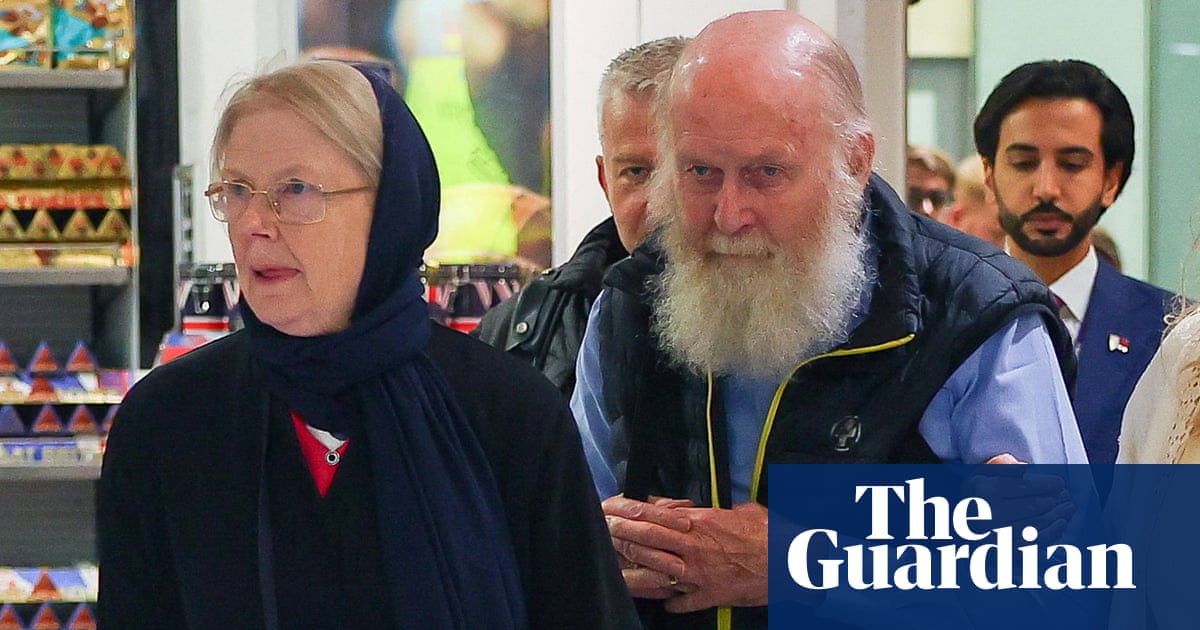Brazil’s most revered Indigenous leader, Raoni Metuktire, has said he believes that one of the former president Jair Bolsonaro’s goals while in office was to “exterminate” the country’s Indigenous peoples.
According to the Kayapó chief, the far-right populist “encouraged invasions, mining and deforestation” in order to hand Indigenous lands over to the kubẽ (non-Indigenous people).
“He really wanted to exterminate us,” Metuktire says in his new book, Memórias do Cacique (The Chief’s Memoirs), recently released in Portuguese, its cover featuring Metuktire with his trademark lip plate and bright yellow feather headdress.
“But Indigenous peoples across Brazil united to resist his government,” he says, adding that “from now on, every president elected in Brazil must respect Indigenous peoples”.
Metuktire, 88, has gained international recognition since the 1980s for his efforts to combat environmental destruction and protect Indigenous lands, and he became a frequent target of Bolsonaro, whose administration coincided with a sharp rise in deforestation in the Amazon.
In the book, the Indigenous leader says Bolsonaro began appearing in his dreams towards the end of the president’s term. “I told him [in the dream]: ‘Just wait, you’ll be out of the presidency. I’ll remove you,’” he says.
The Guardian contacted Bolsonaro for comment but did not receive a response.
In January 2023, Metuktire stood alongside Luiz Inácio Lula da Silva as the leftist took office for a third term, having defeated Bolsonaro in the 2022 election.
In the book, the chief recalls telling Lula that he could not “repeat the mistakes of the past”. He says Indigenous communities were “deceived” during Lula’s previous administration, particularly with the construction of the Belo Monte hydroelectric dam on the Xingu River.
Despite his criticism over the dam’s construction, the overall tone towards Lula is one of trust and cautious hope.
The book, not yet scheduled for English translation, is the result of more than 80 hours of interviews given to Metuktire’s “grandchildren”, a term that includes biological descendants and younger members of the community who are not blood-related.
The interviews were conducted and transcribed in the Indigenous language Mẽbêngôkre and translated into Portuguese with support from Fernando Niemeyer, an anthropologist who led the research for the book.
Through this work, Niemeyer was able to determine Metuktire’s year of birth – until now only an estimate, as there were no official records – as 1937. The exact date, however, remains uncertain.
The chief recalls moments including his tour across 13 countries in the late 1980s alongside the rock star Sting to denounce the destruction of Brazil’s forests and raise funds for the demarcation of Indigenous lands.
Metuktire remembers being at Sting’s home when they saw on the news that the environmentalist Chico Mendes had been murdered by ranchers illegally occupying protected land.
“After lunch, Sting came over to me and said: ‘Let’s talk. Raoni, I’m worried about you. They’ve just killed Chico Mendes because he was fighting for the forest. Find people you trust to manage this money, and take care of yourself in this struggle,’” the chief says.
The narrative does not follow a linear chronology. Instead, the book weaves together personal accounts, myths, dreams and songs – a deliberate choice, Niemeyer explains, to preserve the way Metuktire sees and relates to the world.
“For centuries, our colonial tradition worked to erase Indigenous memory,” the anthropologist said, noting that there were still very few autobiographies by Brazilian Indigenous leaders. “Until quite recently, the ones writing about Indigenous people were white – and there were practically no Indigenous voices writing about whites.”
The memoir is also a call to arms and unity for the younger generations, with frequent scoldings for, in Metuktire’s view, drifting away from tradition.
“I still feel strong enough to keep fighting,” Metuktire says, “but my grandchildren must carry this struggle forward.” He is expected to name his successor as chief next month.

 2 months ago
65
2 months ago
65

















































